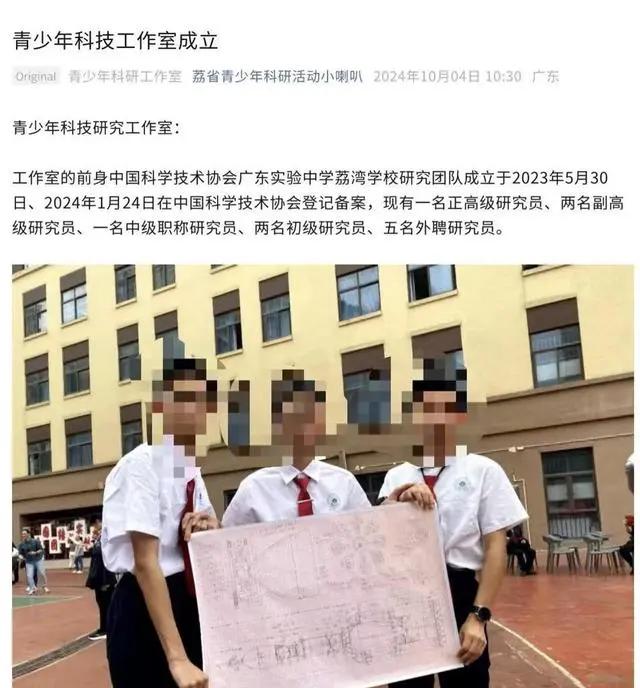The 16-Year-Old 'Chief Engineer' Hoax in China
A viral academic résumé claiming a 16-year-old student from Guangzhou achieved senior professional titles and developed rockets was debunked by multiple Chinese institutions, exposing concerns about fraudulent credentials and media verification standards.

The case of a 16-year-old Chinese student’s extraordinary claims of professional accomplishments has sparked widespread discussion about credential fraud and media responsibility in China. According to his widely-circulated résumé, He (alias) claimed to be a “Senior Chief Officer” at the China Association for Science and Technology (CAST) Youth Science Research Laboratory and held memberships in several prestigious organizations including the Chinese Society of Astronautics.
The façade began crumbling when reporters investigated these claims. CAST officials explicitly stated they had never established any “Youth Science Research Laboratory” nor granted senior professional titles to minors. The Guangzhou Experimental Middle School Zengwan Campus, where He supposedly worked as a researcher, confirmed they had never employed a 16-year-old researcher.
The story reveals multiple layers of deception. The résumé listed impressive but implausible achievements for a high school student, including:
- Designing air compression engineering solutions for aerospace applications
- Publishing papers in national journals
- Developing the “Explorer-1” series rocket system
- Participating in major aerospace conferences
- Obtaining senior professional titles in January 2024
The Guangzhou Human Resources Bureau emphasized that senior professional titles require rigorous qualifications including:
- A minimum bachelor’s degree or equivalent
- Extensive professional experience
- Significant technical contributions
- Recommendations from other senior professionals
This incident sheds light on several systemic issues:
- The ease with which false credentials can be fabricated and circulated
- Media outlets' failure to verify extraordinary claims before publication
- The pressure on young students to appear accomplished
- The role of social media in amplifying unverified information
More concerning is evidence suggesting this wasn’t just a teenager’s solo endeavor. The sophisticated nature of the deception - including staged photos, fabricated documents, and coordinated social media presence - indicates possible adult involvement in crafting this elaborate hoax.
The episode serves as a cautionary tale about the dangers of credential fraud and the importance of proper verification in the digital age. While no direct financial fraud has been uncovered, the incident has prompted calls for stronger fact-checking protocols and more responsible journalism practices in China’s tech and education sectors.